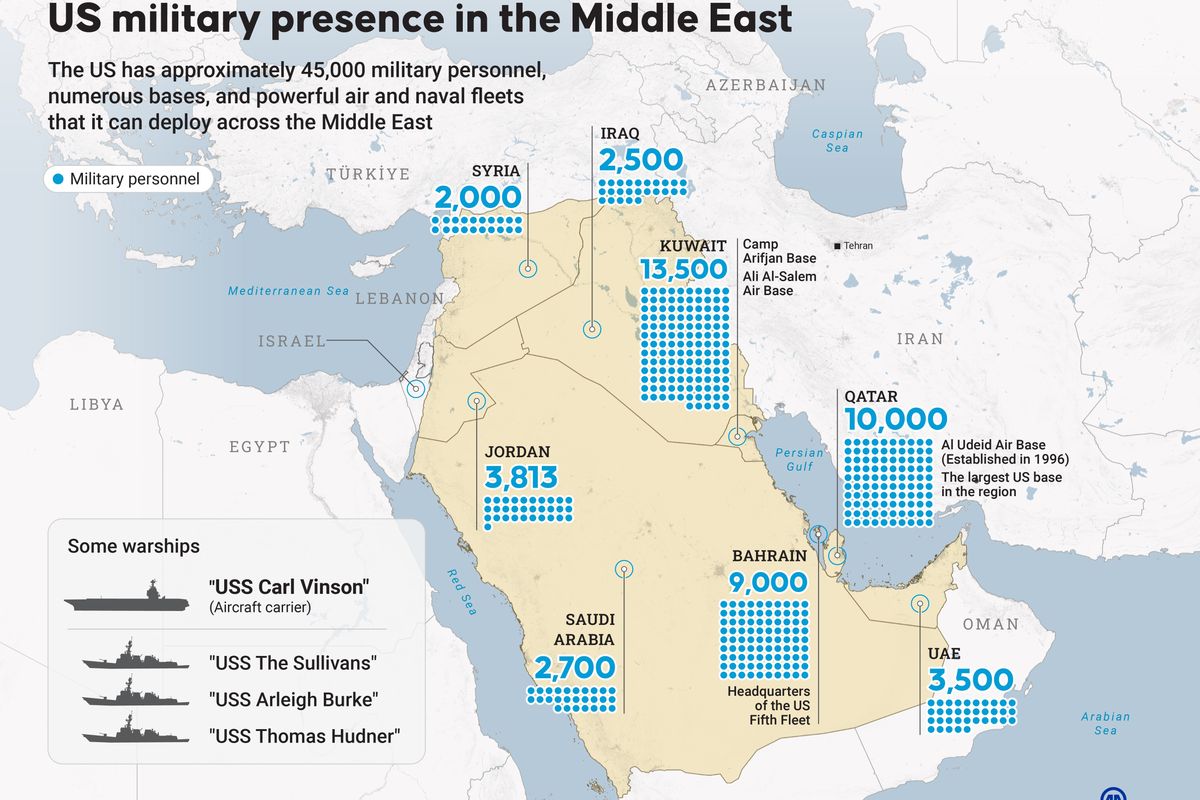The Cipher Brief spoke with Mr. Sinan Ulgen, founder and managing partner of Istanbul Economics and a visiting scholar at Carnegie Europe in Brussels, to talk about the current security environment in Turkey and its implications for Western businesses.
The Cipher Brief: How do you see the political crisis in Ankara playing out, and how is it impacting the business climate in Turkey?
Sinan Ulgen: The parliamentary elections of last June failed to bring political stability. The ruling AK Party lost its absolute majority in parliament along with its ability to form a single party government. Turkey had enjoyed single party governments since the AK Party first came to power in 2002. But the Turkish body politic, including President Erdogan, has had difficulty in adjusting to the reality of coalition politics. As a result, efforts to form a coalition government also failed. Erdogan was able to push for a new round of elections, now slated for November 1, 2015. He is hoping that the AK Party may this time around gain the parliamentary majority it lost in the June elections. But so far, public opinion polls have not moved in favor of this scenario. New elections are unlikely to bring a vastly different result. Turkey will be faced, one more time, with the prospect of a coalition government after the vote. The ensuing political instability has negatively affected Turkey’s economy and the business environment. The Turkish Lira remains under severe stress and has depreciated by more than 20% since June. This has negative consequences for the balance sheets of companies and also for consumer confidence, which has dropped to its lowest level since 2009.
TCB: What impact has the refugee crisis had on Turkey’s politics, economy, and security?
SU: Turkey is currently hosting almost 2 million Syrian refugees. While the refugee crisis has evoked spirited debate in many European countries, which are being asked to accept only a few thousand refugees, the presence of this vast number in Turkish territory has not created a similar reaction in Turkey. Both the Turkish government and the Turkish public have demonstrated a much more acute sense of solidarity with the Syrians fleeing the conflict. That is also why despite this large number, the refugee situation has not had such a significant political impact.
Economically, Turkey has thus far provided $6 billion in humanitarian aid to the refugee population. But now, with the number of refugees likely to surpass the 2 million mark, Turkey seems to have reached its capacity. That is also why we tend to see increasing numbers of refugees aspiring to reach Europe. For Turkey, the long-term impact of this situation is still uncertain. It will certainly depend on how fast the Syrian conflict can be resolved. But the presence of such a large number of refugees presents a security conundrum for Turkish policymakers in light of the proclivity of even a very small share of this large population becoming attracted over time to radical movements such as the Islamic State or al Qaeda.
TCB: How would you characterize the security environment in Turkey?
SU: Turkey’s security environment has also been negatively affected by the ongoing political instability. In addition to the more long-term threat of radical Islamists, the negotiations with the Kurdish minority have also stalled, leading to a resurgence of violence promulgated by the PKK – a Kurdish terrorist entity. There is, however, hope that with the establishment of a new government after the November elections, the negotiations can be revitalized and violence ended. In other words, in contrast to the ISIS threat, there can be a negotiated solution to the PKK violence. However, Turkey remains vulnerable to ISIS retaliation along its border with Syria. That is also why Turkey shifted its position and decided to be part of the anti-ISIS coalition. In July, Turkey reached an agreement with the U.S. that led to the opening of Turkish air bases for the aircrafts of the anti-ISIS coalition and established plans for creating an ISIS free zone in Syria. The shift also signaled a no-tolerance policy towards ISIS presence in Turkey as witnessed by the wave of arrests of alleged ISIS members that followed the deal. As a result, ISIS may now be more motivated to retaliate against Turkey and Turkish interests, but at the same time, they are likely to suffer from the recent measures that must have greatly undermined their ability to operate in Turkey.
TCB: What advice would you give to Western companies who are trying to mitigate the risks from Turkey’s political and security challenges?
SU: Violence has been limited to Turkey’s southeast, where the population is predominantly Kurdish, and to the border region with Syria, where ISIS can operate more easily. The hub of Turkish commercial and business activity remains in the Western part of the country and in Istanbul, specifically. That is also where most Western companies are located. This geographical distance provides a degree of comfort with respect to the potential for terrorist attacks. But more generally, Western companies would be advised to increase their monitoring of the situation and establish better linkages with local law enforcement.












